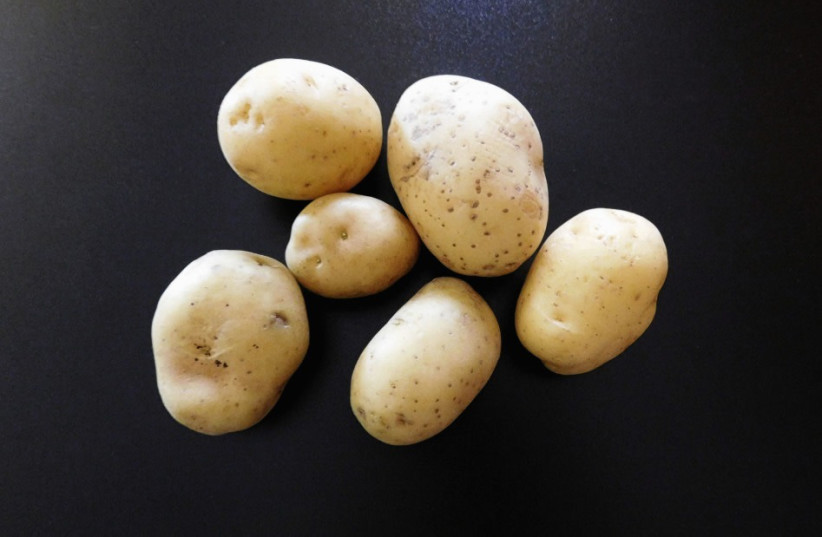Is it really bad to store potatoes in the refrigerator?
Well, storing potatoes in the refrigerator (more accurately, at a cool temperature of about 5 degrees Celsius, like in the refrigerator) causes the starches in the potato to convert into sugars slightly faster. This can make the potatoes taste better, and there is no change in their caloric value.
Even in stores, before we buy potatoes, they are stored at refrigerator temperature. However, this becomes a problem when making fries.
If the potatoes contain more sugars, the fries will cook faster and burn faster, creating toxic substances called "acrylamides." This happens with any carbohydrate that burns, even toast, for example.
But if potatoes are not fried until they burn, there is no effect on the ratio of starch to sugar.
In the past, experts advised against storing potatoes in the refrigerator due to this reason, but today we know that the difference in the amount of harmful acrylamides is negligible in any case and there is no problem in storing potatoes in the refrigerator.

How to store potatoes properly:
Potatoes should be stored in the dark. Light causes the formation of toxic substances intended to protect the potato against insects above ground. These substances, also harmful to human health, called "glycoalkaloids," and their presence can be determined by a green color on the potato peel. When a potato is large, the green peel (if it exists) can be removed by peeling off a whole centimeter.
For smaller potatoes with a green peel, you should just throw them away.
In addition, potatoes should be stored in a cool and dry place. A perforated plastic bag is not sufficiently ventilated, and under such conditions, potatoes decay relatively quickly.
Good for digestion:
Some of the minerals in potatoes pass into the cooking water during boiling. If you're not feeling well and can't eat due to vomiting/diarrhea, try drinking boiling potatoes and then drinking the water they were boiled in - once it cools down.
